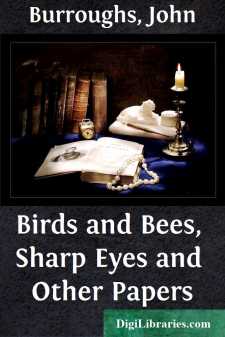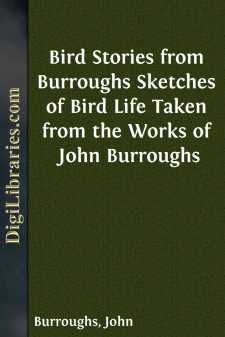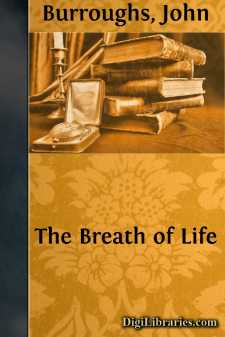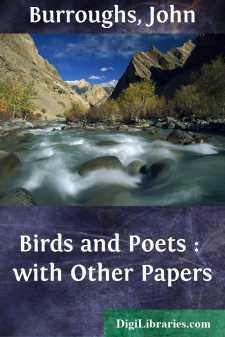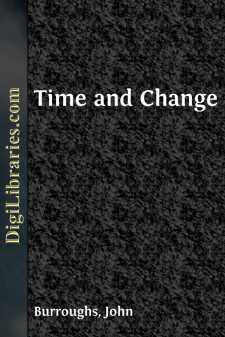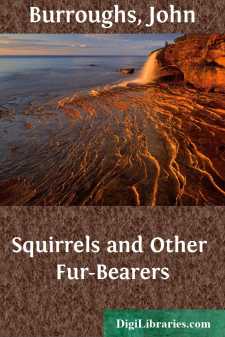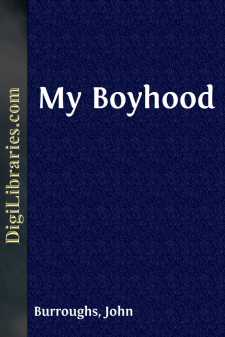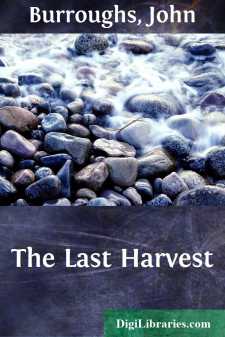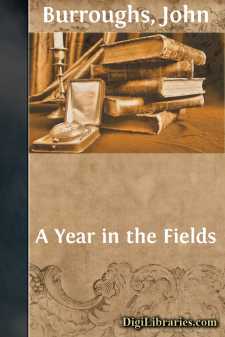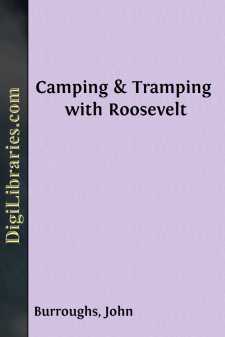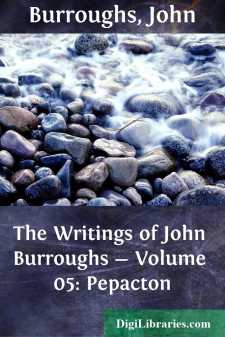Categories
- Antiques & Collectibles 13
- Architecture 36
- Art 48
- Bibles 22
- Biography & Autobiography 815
- Body, Mind & Spirit 144
- Business & Economics 28
- Children's Books 18
- Children's Fiction 14
- Computers 4
- Cooking 94
- Crafts & Hobbies 4
- Drama 346
- Education 58
- Family & Relationships 59
- Fiction 11833
- Games 19
- Gardening 17
- Health & Fitness 34
- History 1378
- House & Home 1
- Humor 147
- Juvenile Fiction 1873
- Juvenile Nonfiction 202
- Language Arts & Disciplines 89
- Law 16
- Literary Collections 686
- Literary Criticism 179
- Mathematics 13
- Medical 41
- Music 40
- Nature 179
- Non-Classifiable 1768
- Performing Arts 7
- Periodicals 1453
- Philosophy 65
- Photography 2
- Poetry 896
- Political Science 203
- Psychology 44
- Reference 154
- Religion 515
- Science 126
- Self-Help 85
- Social Science 82
- Sports & Recreation 34
- Study Aids 3
- Technology & Engineering 59
- Transportation 23
- Travel 463
- True Crime 29
Our website is made possible by displaying online advertisements to our visitors.
Please consider supporting us by disabling your ad blocker.
Birds and Bees, Sharp Eyes and Other Papers
by: John Burroughs
Categories:
Description:
Excerpt
BIOGRAPHICAL SKETCH.Nature chose the spring of the year for the time of John Burroughs's birth. A little before the day when the wake-robin shows itself, that the observer might be on hand for the sight, he was born in Roxbury, Delaware County, New York, on the western borders of the Catskill Mountains; the precise date was April 3, 1837. Until 1863 he remained in the country about his native place, working on his father's farm, getting his schooling in the district school and neighboring academies, and taking his turn also as teacher. As he himself has hinted, the originality, freshness, and wholesomeness of his writings are probably due in great measure to the unliterary surroundings of his early life, which allowed his mind to form itself on unconventional lines, and to the later companionships with unlettered men, which kept him in touch with the sturdy simplicities of life.
From the very beginnings of his taste for literature, the essay was his favorite form. Dr. Johnson was the prophet of his youth, but he soon transferred his allegiance to Emerson, who for many years remained his "master enchanter." To cure himself of too close an imitation of the Concord seer, which showed itself in his first magazine article, Expression, he took to writing his sketches of nature, and about this time he fell in with the writings of Thoreau, which doubtless confirmed and encouraged him in this direction. But of all authors and of all men, Walt Whitman, in his personality and as a literary force, seems to have made the profoundest impression upon Mr. Burroughs, though doubtless Emerson had a greater influence on his style of writing.
Expression appeared in The Atlantic Monthly in 1860, and most of his contributions to literature have been in the form of papers first published in the magazines, and afterwards collected into books. He more than once paid tribute to his teachers in literature. His first book, now out of print, was Notes on Walt Whitman, as Poet and Person, published in 1867; and Whitman: A Study, which appeared in 1896, is a more extended treatment of the man and his poetry and philosophy. Birds and Poets, too, contains a paper on Whitman, entitled The Flight of the Eagle, besides an essay on Emerson, whom he also treated incidentally in his paper, Matthew Arnold on Emerson and Carlyle, in Indoor Studies; and the latter volume contains his essay on Thoreau.
In the autumn of 1863 he went to Washington, and in the following January entered the Treasury Department. He was for some years an assistant in the office of the Comptroller of the Currency, and later chief of the organization division of that Bureau. For some time he was keeper of one of the vaults, and for a great part of the day his only duty was to be at his desk. In these leisure hours his mind traveled off into the country, where his previous life had been spent, and with the help of his pen, always a faithful friend and magician, he lived over again those happy days, now happier still with the glamour of all past pleasures....


